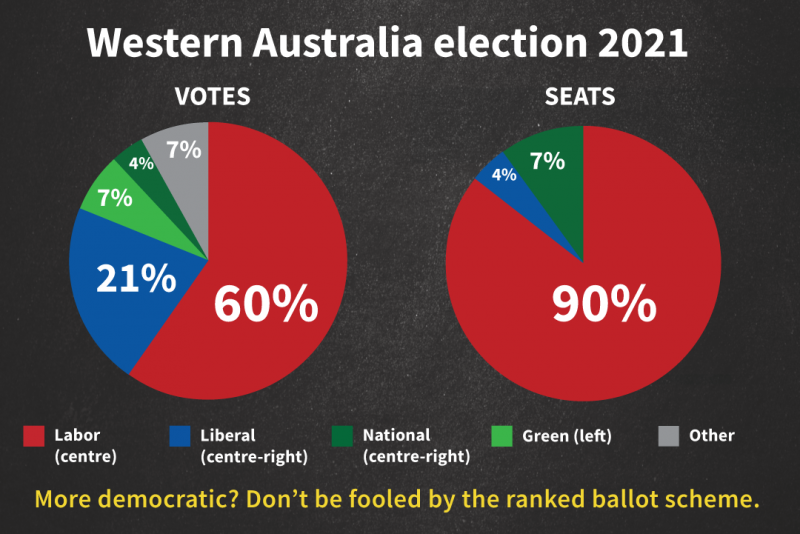Fairvote Canada
What is This Group is About?
De Quoi Parle ce Groupe?
The unofficial non-partisan Lemmy movement to bring proportional representation to all levels of government in Canada.
🗳️Voters deserve more choice and accountability from all politicians.
Le mouvement non officiel et non partisan de Lemmy visant à introduire la représentation proportionnelle à tous les niveaux de gouvernement au Canada.
🗳️Les électeurs méritent davantage de choix et de responsabilité de la part de tous les politiciens.

- A Simple Guide to Electoral Systems
- What is First-Past-The-Post (FPTP)?
- What is Proportional Representation (PR)?
- What is a Citizens’ Assembly?
- Why Referendums Aren't Necessary
- The 219 Corrupt MPs Who Voted Against Advancing Electoral Reform
Related Communities/Communautés Associées
Resources/Ressources
Official Organizations/Organisations Officielles
- List of Canadian friends of Democracy Bluesky
- Fair Vote Canada: Bluesky
- Fair Voting BC: Bluesky
- Charter Challenge for Fair Voting: Bluesky
- Electoral Renewal Canada: Bluesky
- Vote16: Bluesky
- Longest Ballot Committee: Bluesky
- ~~Make Votes Equal / Make Seats Match Votes~~
- Ranked Ballot Initiative of Toronto (IRV for municipal elections)
We're looking for more moderators, especially those who are of French and indigenous identities.
Politiques de modération de contenu
Nous recherchons davantage de modérateurs, notamment ceux qui sont d'identité française et autochtone.
view the rest of the comments

Fairvote showing yet again that it's run by a bunch of idealists who have never talked to someone outside of their bubble.
Canadians like local representation chosen by local elections, whether you agree with the "fairness" of the outcome or not. Ranked choice ballots are the only option that will have the broad support needed to be implemented.
You say that when countries such as Ireland and New Zealand completely ditched FPTP and replace it with pr.
That’s only true for the party-list system, as the single-transferable vote and mixed-member proportional both have local representation.
Instant runoff ranked choice makes it much more difficult for smaller parties/independents to gain seats and Australia doesn’t perform as well on international rankings like Norway, Switzerland and Denmark do.
Most citizens assemblies have recommended pr after reviewing all the electoral systems.
"Citizens assemblies" do not tend to include normies who aren't tuned into politics, and so tend to just be another socially isolated bubble
Citizens' assemblies use stratified random sampling to ensure demographic representation - including people with no prior political involvement. Unlike self-selected political groups, properly designed assemblies deliberately include "normies" from all walks of life who are given time and resources to become informed.
The BC Citizens' Assembly selected one man and one woman randomly from each electoral district specifically to avoid the "bubble" problem you're describing. This is fundamentally different from referendums where voters make decisions with minimal information, often influenced by misleading campaigns.
The evidence shows that given adequate time and information, ordinary citizens make remarkably thoughtful policy recommendations. If we want substantive electoral reform, we need processes that combine democratic legitimacy with informed decision-making.
Your last paragraph is provably false, there is plenty of good information out there and there has been for a long time, yet people are less informed and more ignorant than ever.
And again, someone who would agree to participate in a citizens assembly, even if the person is randomly selected, will tend to not be representative of most people because most people would decline to participate.